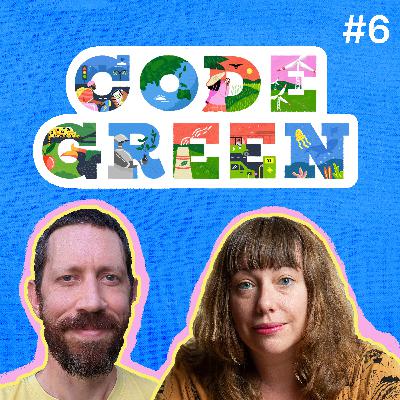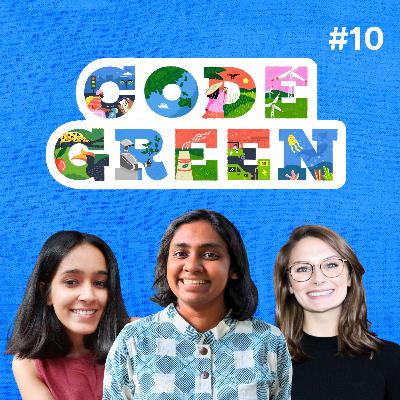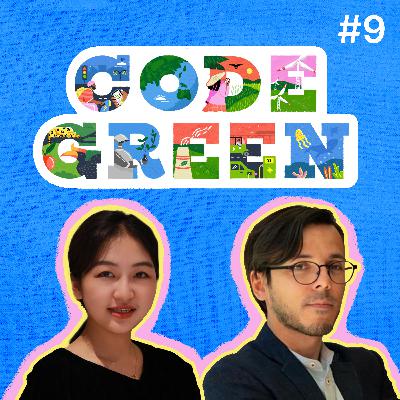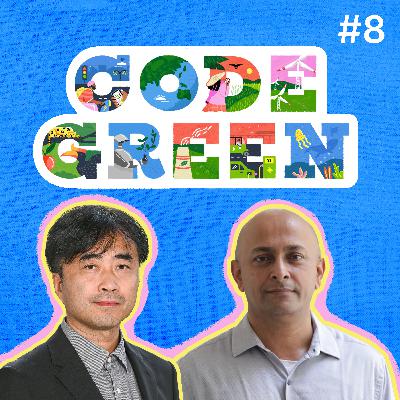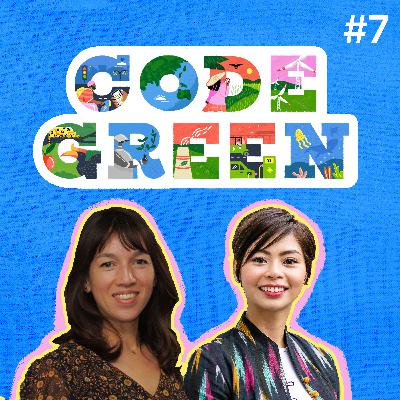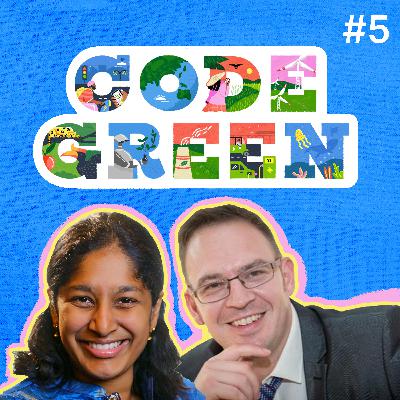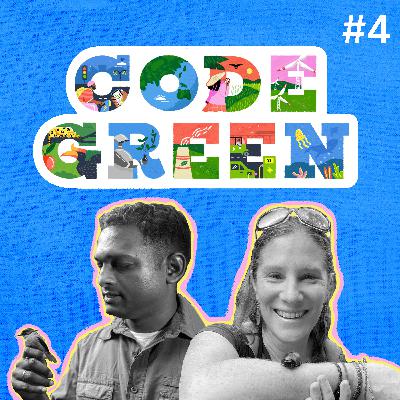06: Material AI & the Mineral Supply Chain
Description
AI is often framed as the future of progress, but what fuels this revolution? Behind every data centre, semiconductor, and AI model lies a hidden world of resource extraction, geopolitical power struggles, and environmental destruction. In this episode, we dig into the raw materials powering AI—from rare earth mining to data centres sucking up water in drought-prone regions. Experts Tom Özden-Schilling and Tamara Kneese reveal the true cost of AI’s rapid expansion—its human and ecological toll—and why the conversation on sustainability must move beyond carbon footprints to the messy realities of global supply chains.
You can read the transcript for this episode here.
Speakers
Dr. Tom Özden-Schilling
Tom Özden-Schilling is Presidential Young Professor of Sociology and Anthropology at the National University of Singapore. His first book, The Ends of Research: Indigenous and Settler Science after the War in the Woods, is an ethnography of environmental deregulation in western Canada, and its effects on Indigenous and settler researchers’ struggles to maintain long-term forestry experiments and sovereignty projects. Tom’s current project examines the social costs of green energy transitions through the emergence of new critical minerals research and development initiatives in the United States, Malaysia, and Australia. Before joining NUS, Tom was Assistant Professor of Anthropology at Johns Hopkins University.
Dr. Tamara Kneese
Dr. Tamara Kneese directs Data & Society Research Institute's Climate, Technology, and Justice programme. Previously, she led Data & Society's Algorithmic Impact Methods Lab (AIMLab). Before joining D&S, she was lead researcher at Green Software Foundation, director of developer engagement on the Green Software team at Intel, and assistant professor of Media Studies and director of Gender and Sexualities Studies at the University of San Francisco. She is the author of Death Glitch: How Techno-Solutionism Fails Us in This Life and Beyond (Yale University Press, 2023). Tamara holds a PhD in Media, Culture and Communication from NYU.
Check out the Code Green glossary for more terms.
This podcast series is accompanied by a monthly newsletter - sign up for updates here. For more about this project, visit our website codegreen.asia
Show Notes
Australia's first rare earths processing plant opens in Kalgoorlie
Nvidia: what’s so good about the tech firm’s new AI superchip?
Value creation in the metaverse
Crypto's Climate Impact: 8 Claims, Fact-Checked
Ethereum's energy usage will soon decrease by ~99.95%
Granbury Residents Sue Local Bitcoin Mine Over Health-Threatening Noise Pollution
Boom and Bust: The Fight over Bitcoin Mining in New York State
Measuring AI’s Environmental Impacts Requires Empirical Research and Standards
A New Front in the Water Wars: Your Internet Use
Air Pollution and the Public Health Costs of AI
The women who made America’s microchips and the children who paid for it
Controversial rare earths plant in fight for survival in Malaysia
Biden is scrambling for minerals. This U.S. cobalt mine just closed
The Pilbara Crisis: Resource Frontiers in Western Australia
The Data Annotation Industry in the Global South
AI Governance in Malaysia Report | Khazanah Research Institute
EU Artificial Intelligence Act
Credits
Audio Editing: Creator Studio Goa by Winfluence Media
Production Support: Shivranjana Rathore, Meredith Stinger
Cover Design: Nayantara Surendranath
Attributions
Intro and Outro: Retro Sounds, Alban_Gogh
Transitions - Meditative Background Music, white_records

